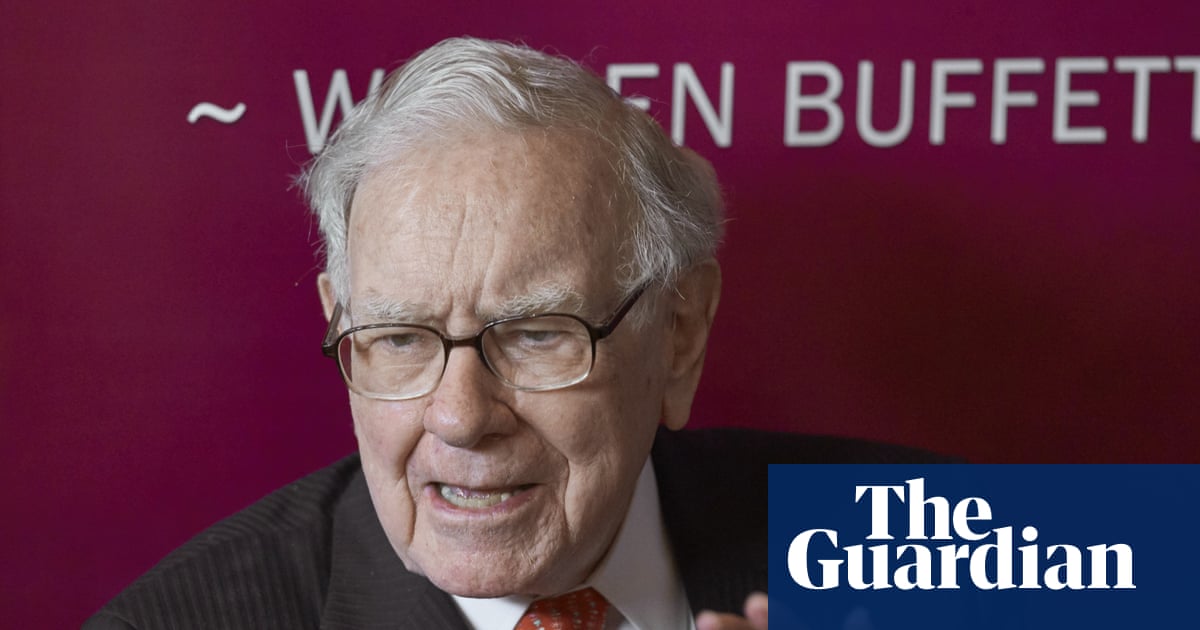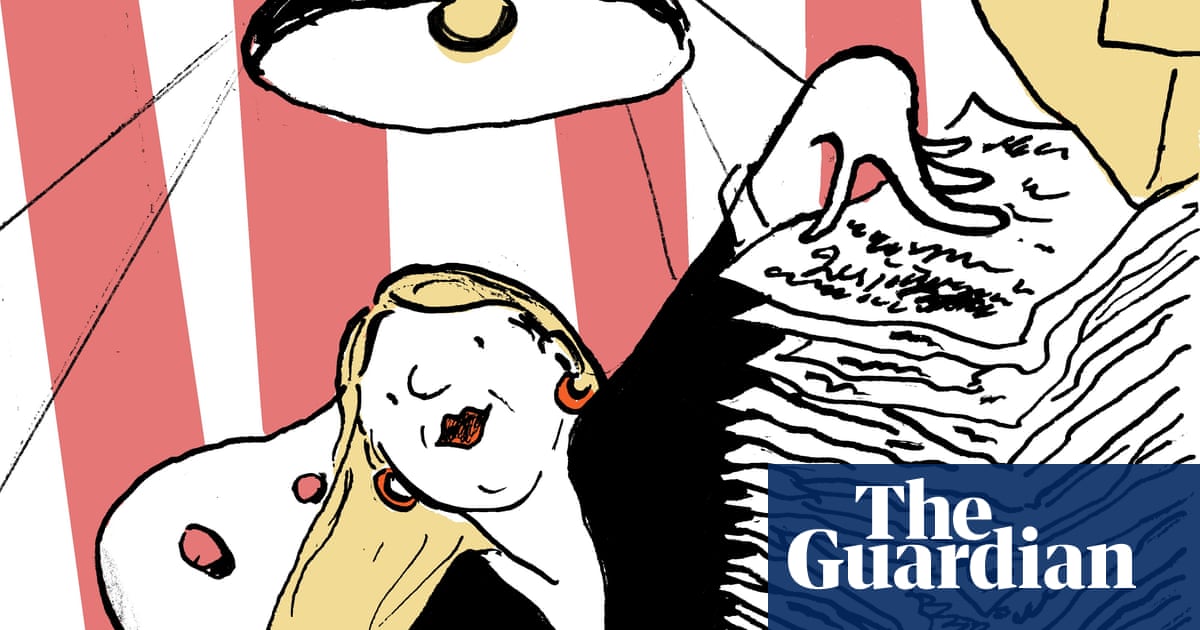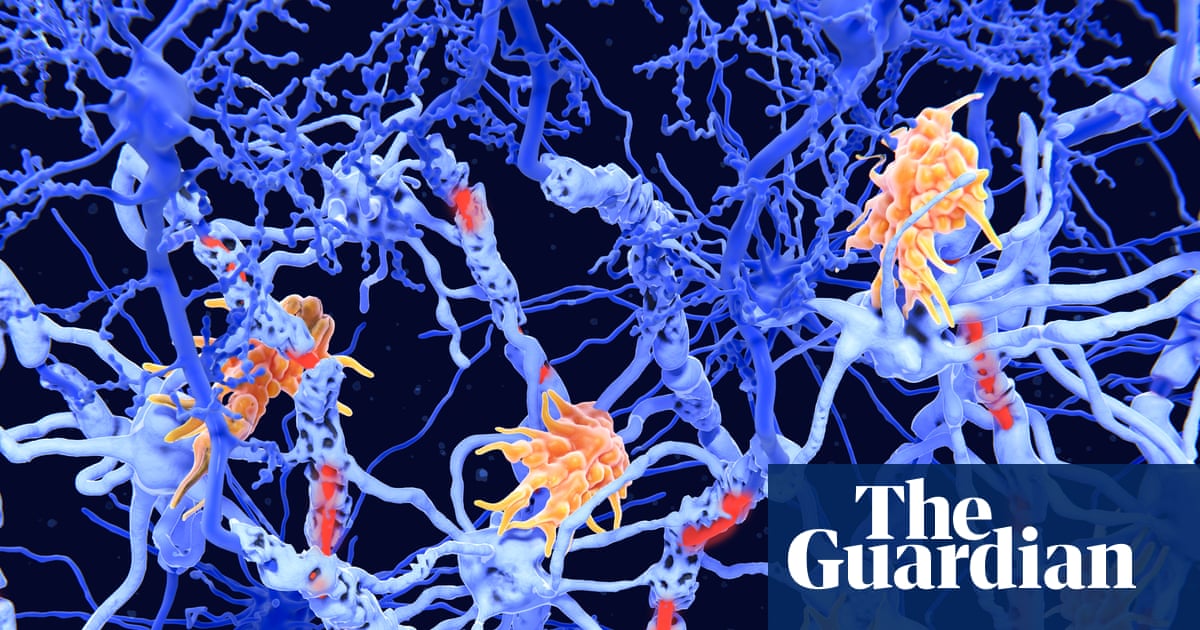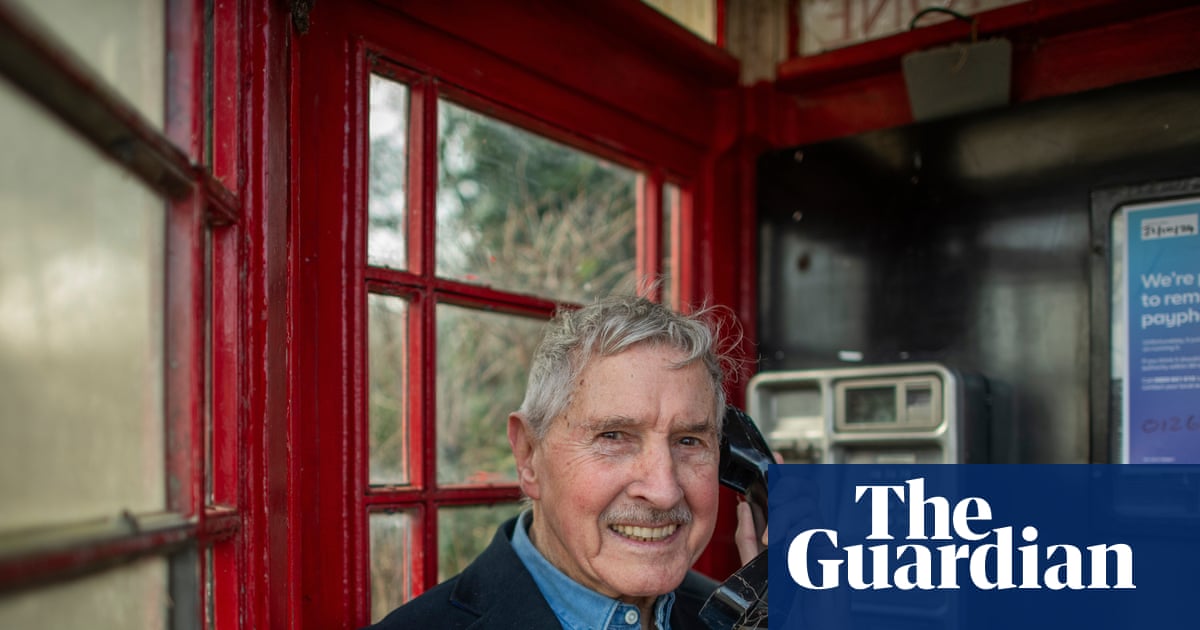After 33 years, it’s time to admit: I’ve never quite got the hang of myself. Am I a morning person or a night owl? What actually motivates me? Where exactly do I work best?
I often find myself thinking: “I hope I eat some vegetables today” or “I hope I reply to that email,” as though that’s up to someone else. I have no idea how to make myself do things in the consistent, reliable way that others seem to: work out, get dressed, cook a “veg bowl”, book appointments.
On rare days, I miraculously do them all. Most others, I thumb screens, nap relentlessly and eat neon-colored snacks covered in sugar and salt.
After seven years of freelance life, it’s gotten dire. I rise late, wash later and watch two hours of TikTok videos after replying to two emails. I nap up to three times a day and ignore important tasks (my prescription changed six months ago but I’m yet to order a new pair of glasses).
I decided to set myself a challenge: for one working week, I would not procrastinate one bit, not once, not at all. This meant no WhatsApp, no YouTube video essays called 79 Hidden Details in Breaking Bad, no Nintendo Switch game where I run my own supermarket, no social media. I even asked my husband to hide the remote so I couldn’t watch daytime TV.
Instead, I would write a to-do list every morning, and plough through it.
At around 7.30am on day one, it was time for my workout. I had to do this without lying on the floor for an hour first. I knew I couldn’t fail at task one on day one, so I strapped on my heart monitor and wrist weights and simply started exercising. Annoyingly, it felt absolutely fantastic to get it done and dusted.
After my shower, I wasn’t sure how to stop myself from sitting on the end of the bed and staring into space, so I decided to pretend I was a Sim, guided by the great cursor in the sky. I unpacked a holiday suitcase, paid a bill, finally ordered my new glasses and did a whole round of laundry. It felt strange to look down and see “8.44am” on my phone screen, knowing that on my very best days, these things would take me until at least midday.
By noon, I was convinced I was a changed woman. I had replied to all my outstanding emails, done another round of laundry, emailed my accountant, hopped on a call instead of rearranging it and sorted through my list of article ideas. I even wrote these words while eating lunch.
Was it really going to be this easy? I felt intoxicatingly in control of my own destiny, even if I did really, really want to lie down.
I reached out to procrastination expert Fuschia Sirois, a psychology professor at Durham University and author of Procrastination: What It Is, Why It’s a Problem, and What You Can Do About It. I asked her why she thinks I was able to stop procrastinating so easily.
“Procrastination is a form of unnecessary and voluntary delay in the start or completion of an important and intended task,” Sirois said, adding that we make this delay “despite knowing there’s going to be negative consequences”.
She believes I was able to flip a switch and stop procrastinating on day one because my experiment – and this article – gave my tasks meaning.
“A former PhD student of mine looked into this idea about whether just increasing the meaningfulness of a task could reduce people’s procrastination,” she said. “In a very controlled experiment, she found indeed that when people simply reconnected with why they were doing a task, they procrastinated less on it.”
At the end of day one, I felt pretty smug: I had meaning, I had ticked 24 (!) items off my to-do list, and I had waited until the end of my working day to post glamorous Instagram pics of my holiday (the kind of self-restraint not usually seen this side of a nunnery).
Day two was similarly productive. Although I had to read a boring book for work, my commitment to the integrity of this piece meant I forced myself to open it. I only slipped up a couple of times – looking at a forum about my supermarket game and unblocking Instagram to check the number of likes on my glamorous pics – but I finished it. I was thrilled to be able to enjoy my evening guilt-free.
But then day three dawned. As I looked to the miserable grey skies, I realised I had come down with a severe case of the “I don’t wannas”. I spent 20 minutes scrolling through the only distraction available on my phone. It was – and I’m sobbing with shame as I write this – LinkedIn.
Later, when an editor sent edits my way, I groaned. The pressure at my temples started to throb. Were we really meant to work without watching any vertical videos first?
Something I tell myself as a creative is that I need to procrastinate – if you force yourself to write without waiting for inspiration to strike, surely you will produce garbage. Some of my best lines have come to me when painting my toenails or watching an episode of The Osbournes from 2003.
“Sometimes we can put things off and it’s for good reason,” Sirois said, “We know that delay can be good for creativity, it’s part of the creative process … it’s a necessary form of delay.” Nonetheless, Sirois acknowledges there is a “fuzzy line” between the two, and we can trick ourselves into believing we are delaying a task for our own good. If you come back to a task after a break and don’t feel any better about it, you were probably just procrastinating.
I have to be honest – and I’m sorry to any of my ancestors who worked down the mines – I looked at the document again and felt the overwhelming urge to cry. I wanted to throw my body to the ground and beat my fists on the floor like a toddler. But then, once I got going, it was undeniably thrilling to get the job done in one efficient hour instead of a belaboured six.
But at the end of day three I felt – in the words of Bilbo Baggins – “thin, sort of stretched, like butter scraped over too much bread”. The problem with completing tasks is that there are always more of them. The boulder always rolls back down to the bottom of the hill.
Case up in point: my new glasses arrived on day four and they looked regrettably similar to the kind you would find in a children’s dressing up set. Even thinking about the painful process of printing a label, repackaging them and going to the post office to return them exhausted me – surely even my ancestors would agree that that was a lot?
after newsletter promotion
On day four, my journalistic integrity failed me. I simply stopped working and unlocked Instagram instead. The guilt I felt became close to self-hatred. Why can’t I just behave myself?
“That’s what we call procrastinatory cognition,” Sirois said, “Once someone starts procrastinating, then you start having all these thoughts about, ‘Why can’t I get going?’ That actually makes it worse, it makes it harder. It doesn’t actually motivate you.”
Sirois stresses that procrastination is not caused by character flaws – instead she believes, after 25 years of research, that it is an emotional regulation issue.
“You have a task that you feel uncomfortable about and brings up unpleasant emotions. Those can be anything from boredom all the way through to anxiety or stress,” she explained. “Basically, procrastination is a way of managing those emotions, because when you put the task aside, you don’t have to deal with those emotions … It’s a way of avoidant coping.”
The solution, to her mind, is to deal with these emotions head on. “We use the phrase ‘name so you can tame’ – if you don’t know what those emotions are, you can’t tame them.” There are various ways, Sirois said, to deal with the emotions at the root of your procrastination: be more self-compassionate rather than self-critical; connect with others with similar issues; sit mindfully with your emotions; journal; find the meaning in your task.
So on day five, I tried out Sirois’s techniques. I looked at her soon-to-be-launched free resource, the Tempo toolkit, which stands for: taming emotions to manage procrastination open-heartedly. It all sounded a bit wishy-washy to me, but forcing myself to work didn’t, well, work, so I tried to remain open-minded.
First, I had to identify the emotions associated with a task I was delaying and then rank them in intensity.
I was supposed to do another cumbersome edit on another article and didn’t want to because of boredom (which I ranked a solid eight) and fear (four). I was afraid of letting down the people I had interviewed, of causing controversy with the piece, and failing to get the story across right. Maybe that’s a five. I did feel kind of better just admitting that to a piece of paper.
Next, I was asked to remember the value of my task. “Completing this task will be valuable to how I see myself because … ” an empty box invited me. I was stumped. The most I could come up with is that I wanted to be “someone who gets things done”, which is a feeling I very much enjoyed at the start of the week.
Next, I was prompted to change my internal dialogue from “I have to” or “I need to” thoughts into, “I want to” and “I choose to”.
I took a moment to think about how excited my younger self would be that I get to write for a living. Imagining life through her eyes made me suddenly “cosplay” working – like how you might pretend you are on a cooking show when chopping and stirring your dinner. I started typing, holding my back straighter.
I did the edit in four hours, but afterwards I felt so drained that I immediately picked up my supermarket game. Sirois notes there is nothing wrong with that, saying that breaks refresh our concentration and offer the opportunity to reflect on our work. But I knew this wasn’t just a break: I obstinately refused to tick off a single other task that day.
I had confronted my emotions and got the (main) job done, but I was left with a question I still don’t know the answer to: what feels worse, hating yourself for not doing your work, or the sheer agonising pain of actually doing it?
Sirois emphasised that procrastination can bring negative health outcomes: not only can it affect your career and happiness, it can cause stress which can in turn lead to insomnia and a dysregulated immune system. “We minimise procrastination and we joke about it, but it has real consequences,” she said.
Of course, my experiment did not instantly transform my health but I did experience some other benefits. My work getting done was of course one of them (yawn!), but I also found myself reading more books, and I finally realised just how dull Instagram Stories are once I had broken their spell.
I think, though, what my experiment really taught me is that it is actually impossible to never procrastinate – I tried my hardest but my mind and body refused. It seems ridiculous to beat yourself up for something we humans naturally do.
In the weeks after my experiment, I slipped back into my wicked ways. I tried to sit with my emotions, but soon I started putting off practising my anti-procrastination methods.
Still, I seem to be beating myself up less. I’m a little more accepting of how I operate. I thought the experiment would have revealed a secret, magical path to productivity, but it turns out it’s hard work to make yourself do hard work.

 2 months ago
46
2 months ago
46

















































